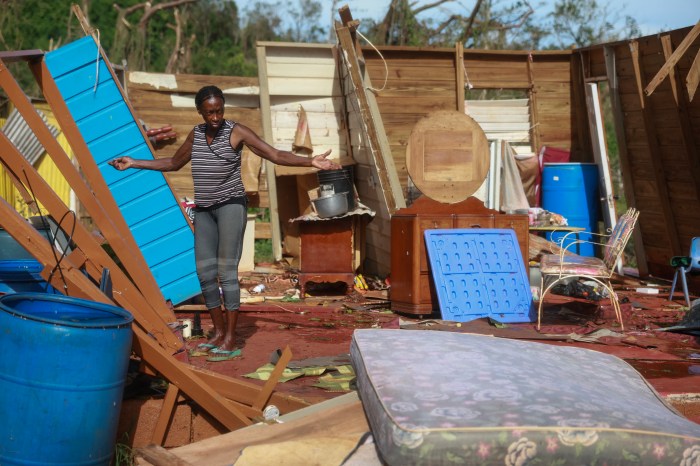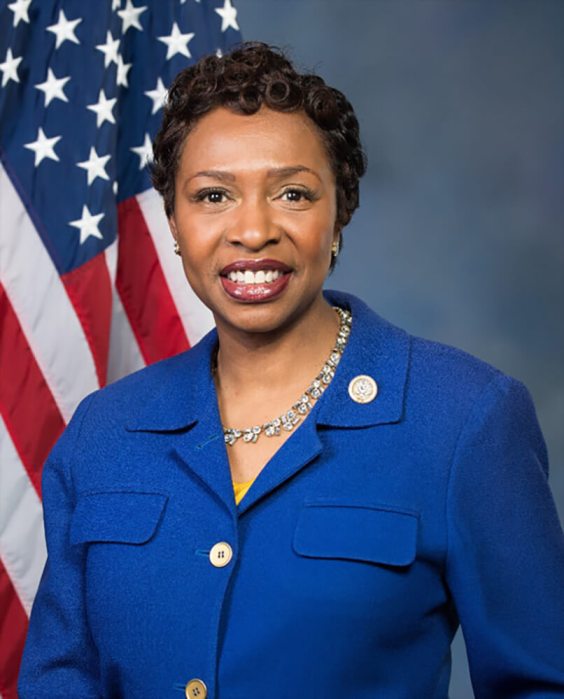The oldest Caribbean organization in America lavished high accolades on Michael Manley, Jamaica’s fourth prime minister on Dec. 10, the anniversary of his 93rd birthday.
During an intimate Sunday afternoon celebration at their Bronx headquarters, members of the 81-year-old Jamaica Progressive League Inc., along with admirers of the charismatic, progressive and socialist former leader reflected on a lifelong legacy that ended when he died Mar. 6, 1997.
The posthumous tribute included testaments and commentary from Professor Basil “Bagga” Wilson, a retired provost of John Jay College of Criminal Justice, Jose Richards, a JPL member and even individuals who shared Manley’s vision of revolutionizing Jamaica’s political path during the early decades of self-governance.
Organizers invited the public to “hear presentations and accounts from scholars and historians on the life of one of Jamaica’s most eloquent visionary and leader.”
Acclaimed to being “a champion of Third World issues who always put people first” the son of one of Jamaica’s founding fathers and premiere leader of the People’s National Party — Norman Washington Manley — and one of three advocates to propose the JPL in New York City, the second generation party champion emerged one of the most revered prime ministers from the Caribbean.
First elected Mar. 1972, he served his first tenure until Nov. 1980. During that period, he helped to establish a minimum wage for all workers, including domestic workers.
According to Wikipedia — “in 1974, Manley proposed free education from primary school to university.”
“The introduction of universally free secondary education was a major step in removing the institutional barriers to private sector and preferred government jobs that required secondary diplomas. The PNP government in 1974 also formed the Jamaica Movement for the Advancement of Literacy (JAMAL), which administered adult education programs with the goal of involving 100,000 adults a year.”
Declared a Democratic Socialist, “land reform expanded under his administration” when he proposed Project Land Lease in 1973 in an “attempt for an integrated rural development approach, providing tens of thousands of small farmers with land, technical advice, inputs such as fertilizers and access to credit.”
Reportedly an estimated 14 percent of idle land was redistributed through this program, much of which had been abandoned during the post-war urban migration and / or purchased by large bauxite companies.
Manley also modified the minimum voting age requirement by lowering it to 18 years.
The long list of Manley manifesto includes his introduction of equal pay for women; maternity leave, and reversing negative perceptions and stigma associated with illegitimacy. His government abolished the Masters and Servants Act and a Labor Relations and Industrial Disputes Act provided workers and their trade unions with enhanced rights.
By his direction, the National Housing Trust was established, providing “the means for most employed people to own their own homes,” and greatly stimulated housing construction, with more than 40,000 houses built between 1974 and 1980.
Manley also served a second term from 1989 to 1992.
Those facts were amplified and celebrated by Wilson, a scholar and historian.
Manley died of prostate cancer at age 72 on Mar. 6, 1997 the same day as Prime Minister Cheddi Jagan of Guyana.
Both Michael Manley and his father Norman are interred at the National Heroes Park in Kingston, Jamaica.
The JPL was founded in 1936 by W. Adolphe Roberts.
By mobilizing nationals here to unite for the betterment of the island, Roberts’ primary aim was to achieve self-government, autonomy, sovereignty and independence for his native Jamaica.
The country was first in the Caribbean to achieve that goal on Aug. 6, 1962.






















